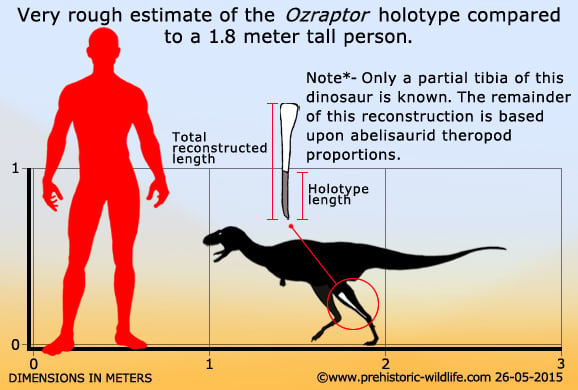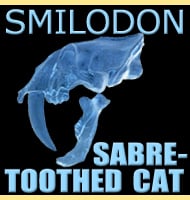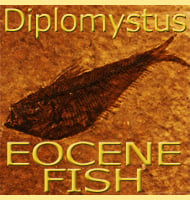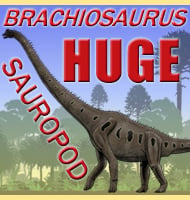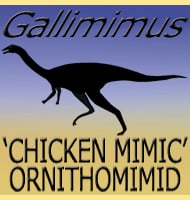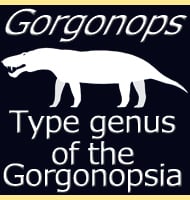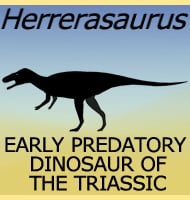In Depth
It’s hard to imagine how a dinosaur can be named from just a single portion of a leg bone, but this is what happened with Ozraptor. Although incomplete, in 2005 the palaeontologist Oliver Rauhut noted that this tibia does have a vertical median ridge on the astragalar groove. Previously Ozraptor was labelled as an unknown theropod but this feature suggests that it was actually an abelisaur. Additionally since it is known from the mid Jurassic, this would make Ozraptor the earliest known abelisaur, existing long before the more famous forms of Carnotaurus, Abelisaurus and Aucasaurus which lived towards the end of the Cretaceous.
If this classification is correct, as well as the two meter size estimate, then this also suggests that the abelisaurs just like the tyrannosaurs started out very small and then grew larger as they displaced existing predators. Future fossil discoveries may yet reveal a picture of larger but more primitive predatory dinosaurs like Australovenator being dominant on the landscape during the early Cretaceous but losing ground to abelisaurs later on, something that seems to have happened upon other southern continents during the Mesozoic.
The species name of O. subotaii is derived from the character of Subotai from the 1982 film Conan the Barbarian which was based upon the stories of Robert E. Howard.
Further Reading
– A new Jurassic theropod dinosaur from Western Australia. – Records of the Western Australian Museum 19 (1): 221-229. – J. A. Long & R. E. Molnar – 1998.
